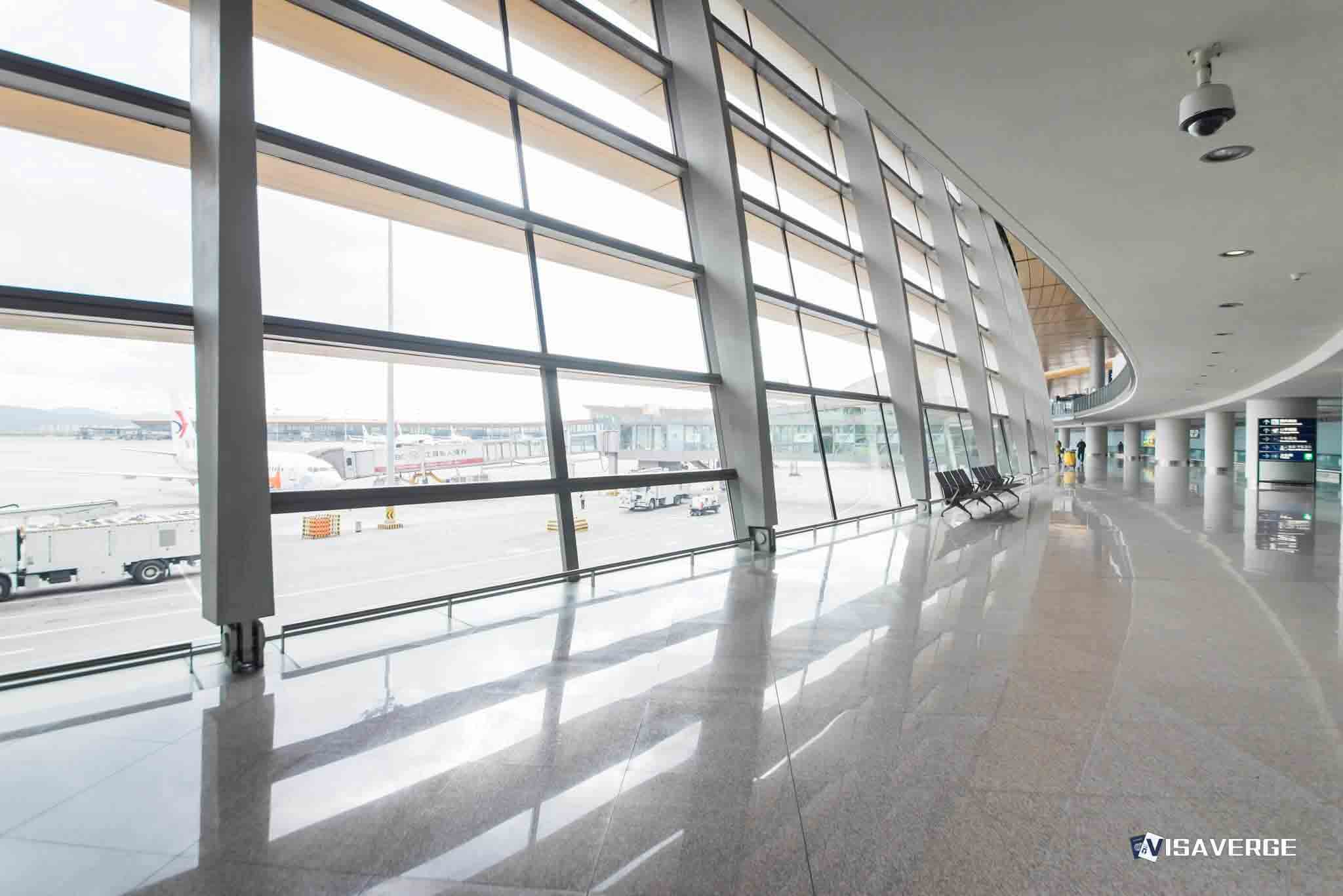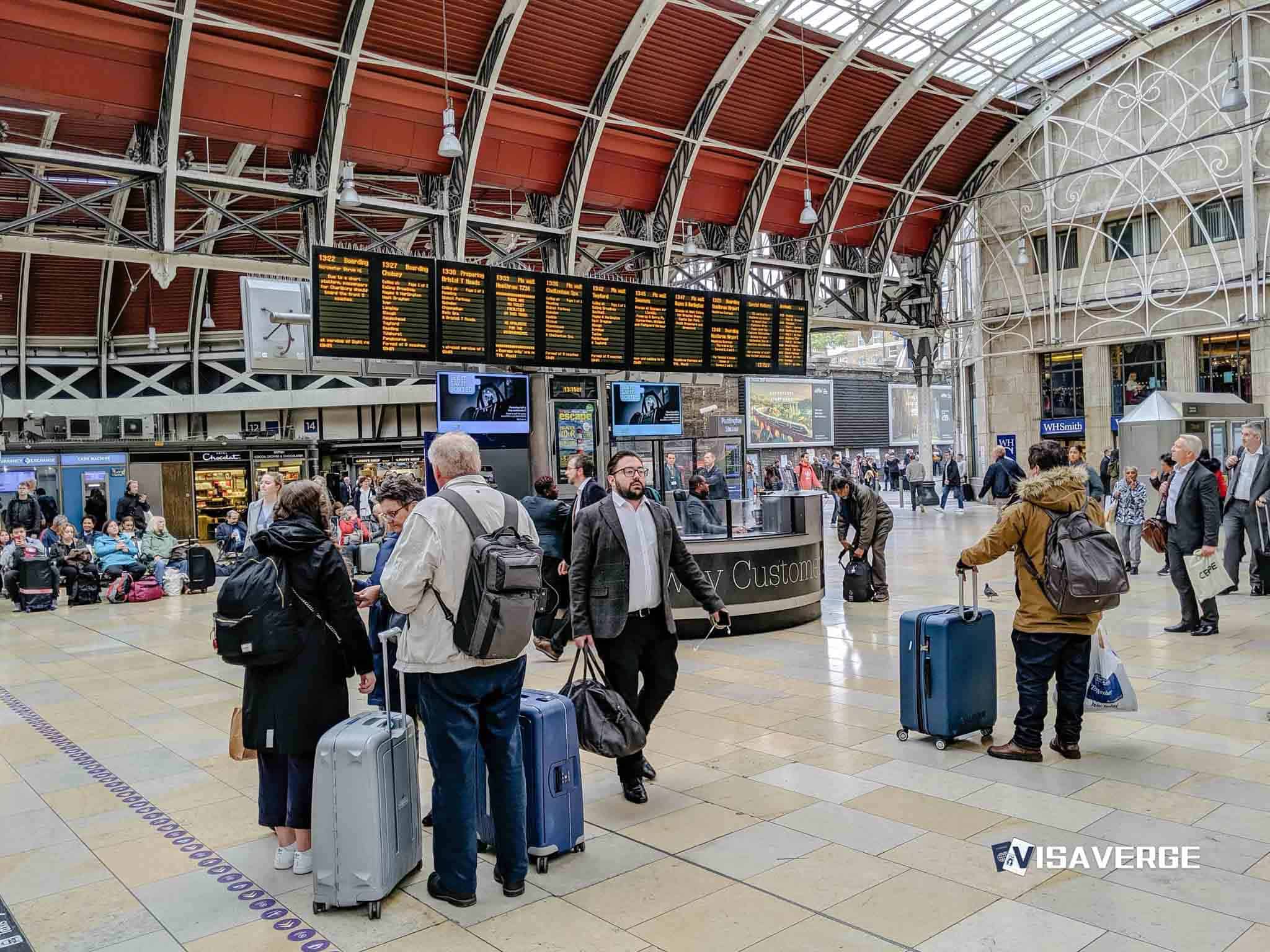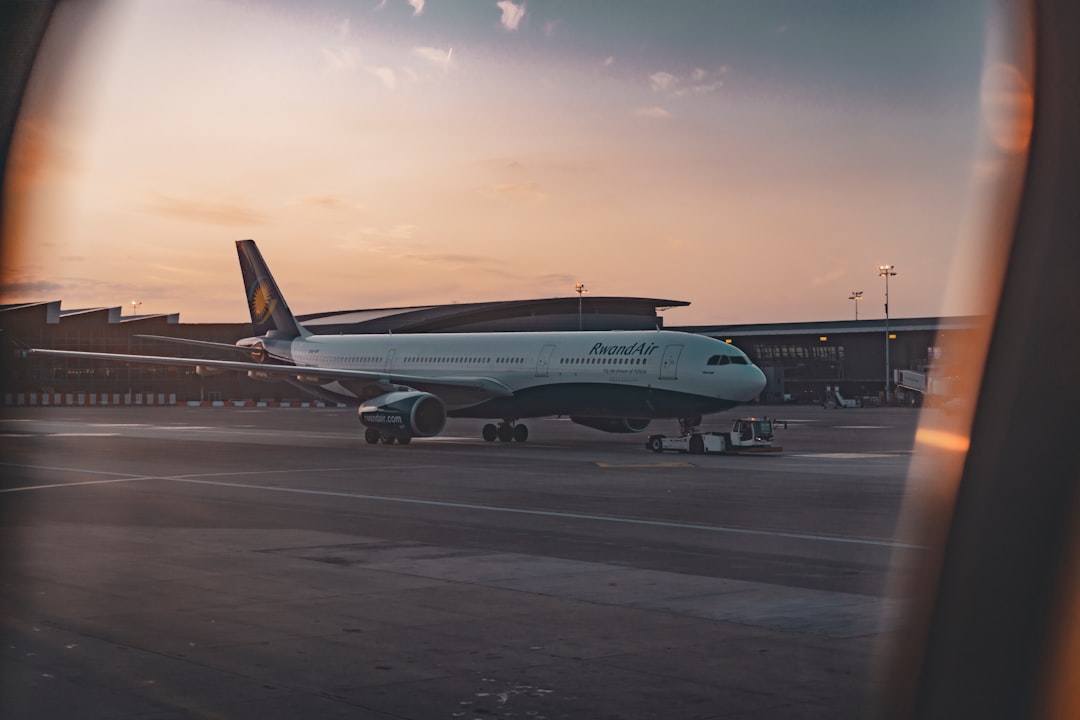(ITALY) Italy’s air travel network is bracing for widespread disruption on Wednesday, October 29, 2025, as coordinated airport strikes and airline walkouts hit major hubs across the country. The most severe impact is expected at Milan Linate, Florence, Pisa, and Milan Malpensa, where ground and handling staff will stage a 24-hour strike. Additional four-hour actions by airline crews and ground teams at select carriers will add to delays and cancellations throughout the day.
Travelers should expect reduced services outside protected time windows and plan for longer lines, schedule changes, and limited support at terminals.

Which staff and operations are affected
The strikes involve multiple employers and roles across airports and airlines, affecting core airport operations:
- At Milan Linate: airport staff, including Swissport Italy workers, will be out for the full day.
- At Pisa and Florence: ground staff will undertake a 24-hour shutdown.
- At Milan Malpensa: Airport Handling workers will strike for 24 hours, with Dussmann Service staff joining for the same period.
These actions will impact:
– Check-in counters
– Baggage handling
– Boarding gates
– Catering and cleaning
– Aircraft turnaround
While air traffic control is not directly striking, knock-on effects are likely as airlines reshuffle crews and equipment.
Airline-specific and timed actions
Separate short-duration walkouts add pressure during peak hours:
- Vueling: pilots and cabin crew will strike from 1 p.m. to 5 p.m. — expect disruptions on short-haul routes, especially between Italy and Spain.
- Air France and KLM: ground staff will stop work from noon to 4 p.m., likely affecting check-in, boarding, and baggage services for those carriers.
Even when flights technically operate, reduced staffing can slow boarding and turnarounds, causing late departures and missed connections later in the day.
Protected flight windows (ENAC rules)
Under Italian strike rules, some flights are guaranteed during specific windows to protect essential travel. ENAC, Italy’s civil aviation authority, typically ensures operations in two main bands:
- 7 a.m. to 10 a.m.
- 6 p.m. to 9 p.m.
Flights scheduled in those periods have a higher chance of operating, though delays remain possible. Passengers should still verify flight status because crew availability, airport staffing, or inbound aircraft shortages may force last-minute changes.
Check ENAC’s official site for guaranteed flight lists and advisories: ENAC
Scope of the 29 October airport strikes
- Milan Linate: Full-day work stoppage by airport staff, including Swissport Italy, will affect check-in, baggage, and ramp operations across domestic and European routes. As a key business hub, schedule volatility is likely from early morning through the last departures.
- Florence and Pisa: A 24-hour strike by staff at both airports will strain Tuscany’s air links, with possible cancellations on regional and European flights. Overlap with airline-specific actions could make the afternoon particularly unstable.
- Milan Malpensa: Airport Handling workers will stop for 24 hours, disrupting a major international gateway. Dussmann Service personnel will join for the day, further limiting services such as cleaning and catering that keep aircraft on time.
For airlines:
– Vueling: Four-hour walkout by pilots and cabin crew from 1 p.m. to 5 p.m. — expect route-specific cancellations, especially on intra-European services that require quick turnarounds.
– Air France and KLM: Ground staff stoppage from noon to 4 p.m. may slow check-in lines and baggage delivery, even when flights remain scheduled.
VisaVerge.com reports that layered industrial actions like these tend to ripple beyond a single calendar day. Aircraft and crews can end up out of position, causing next-day cancellations, retimed departures, or swapped equipment. Business travelers connecting through Milan or Florence should consider rebooking direct options or shifting travel to early morning or evening windows when possible.
What passengers can do
- Check your booking regularly
- Airlines update schedules in apps, by text, and email.
- If your flight status changes, act fast — alternate seats go quickly on strike days.
- Fly in protected bands if possible
- If you can shift to the 7–10 a.m. or 6–9 p.m. windows, you may reduce risk of cancellation.
- Even then, arrive early to clear security and handle extra paperwork.
- Allow extra time at the airport
- With reduced staffing, lines will be longer.
- Aim to arrive at least 2–3 hours early for domestic and short-haul flights, and earlier for long-haul connections.
- Know your rights under EU rules
- Regulation EC 261/2004 provides rights to care (meals, refreshments, hotel if needed) and, in some cases, compensation for cancellations or long delays.
- Eligibility depends on the cause of the disruption, notice period, and rerouting options.
- If the airline cancels your flight, you’re entitled to a choice between a refund and rerouting.
- Keep receipts for essential expenses and ask airline staff to put offers in writing.
- Save boarding passes and notifications
- These documents show when you were informed and what options you were offered — vital for compensation or refund claims.
- Consider alternatives
- Trains between major Italian cities can be a reliable backup.
- Check nearby airports where ground actions may be lighter.
- Adjusting from a mid-day connection to an evening departure could avoid peak strike hours.
Special considerations
- Afternoon departures face the most pressure because the four-hour actions overlap with peak traffic.
- Turnaround-intensive routes (short-haul flights requiring quick ground handling) are especially exposed.
- Families with young children, elderly travelers, and people with reduced mobility should plan for added assistance time.
- Employers moving staff through Milan or Tuscany should prepare for absenteeism or late arrivals on Oct 29 and potentially Oct 30 if aircraft remain displaced.
- Students and families returning from school breaks should confirm school/childcare plans in case late-night arrivals turn into next-morning rebooked flights.
- People with medical needs should pack extra medication and carry prescriptions in hand luggage.
Refunds, compensation, and escalation
- If the airline cancels your flight or offers a major schedule change you decline, a refund is typically due.
- Compensation under EC 261/2004 depends on the airline’s legal responsibility for the disruption.
- Keep communication polite but firm, document all exchanges, and escalate via the airline’s complaint channel if needed.
- National enforcement bodies and consumer ombuds services can help if you hit a dead end; many cases resolve directly with carriers once operations settle.
Final practical tips
- Airlines often waive change fees during strike disruptions. If free rebooking is offered, consider switching to early morning or evening slots, or delaying travel by a day to let operations stabilize.
- For connecting itineraries, choose longer layovers to protect against late inbound arrivals.
- If you have separate tickets on different airlines, build a larger buffer between legs.
With Italy’s airport strikes set for October 29, the safest path is to act early: confirm your flight, move if needed, arrive ahead of time, and keep records. Monitoring official updates via ENAC at ENAC can help you spot guaranteed services and better predict where the day’s pressure points will be.
This Article in a Nutshell
On 29 October 2025, Italy will experience coordinated airport and airline strikes centered on Milan Linate, Pisa, Florence and Milan Malpensa. Key ground-handling companies and airport staff, including Swissport Italy, Airport Handling and Dussmann Service, will stage 24-hour stoppages that disrupt check-in, baggage, boarding, catering and aircraft turnaround. Additional four-hour walkouts by Vueling pilots and cabin crew (1–5 p.m.) and Air France/KLM ground staff (noon–4 p.m.) heighten afternoon disruption. ENAC designates protected windows (7–10 a.m. and 6–9 p.m.) but delays and cancellations remain possible due to crew or aircraft positioning issues. Passengers should monitor flight status, shift to protected bands if possible, arrive earlier, retain documentation, know EC 261/2004 rights, and consider train alternatives or nearby airports. Layered industrial actions may cause ripple effects into the next day, so business travelers and families should plan contingency options.













